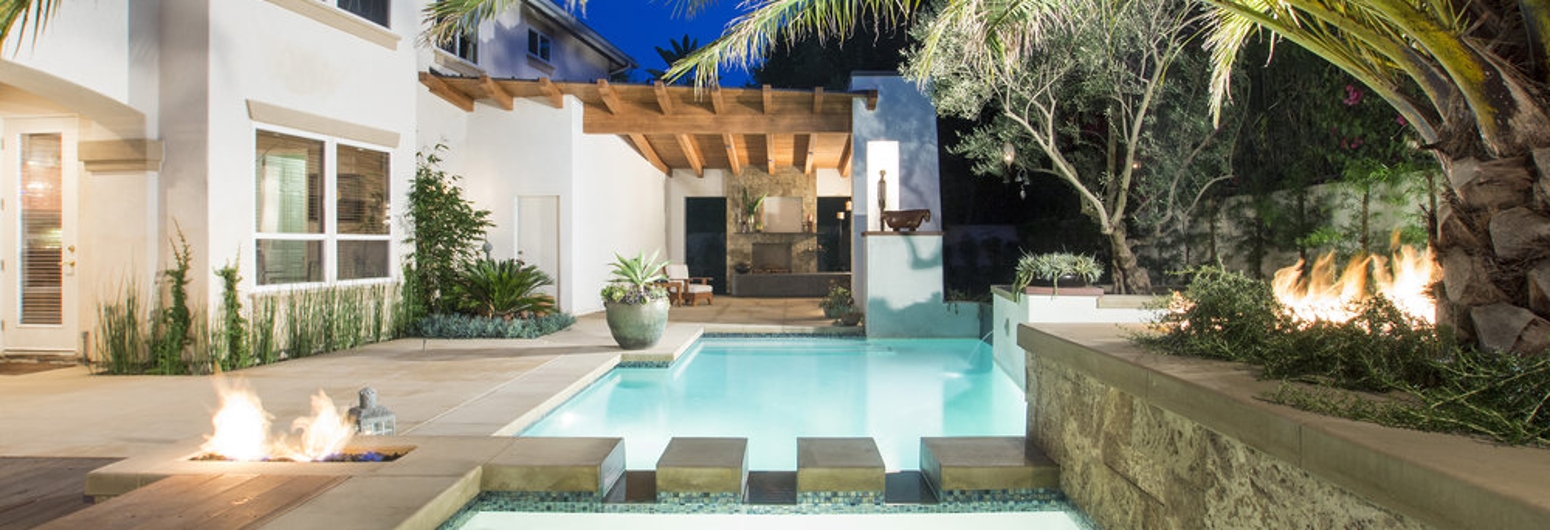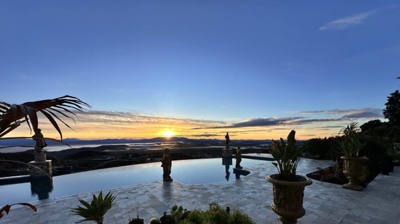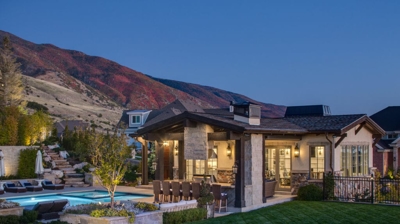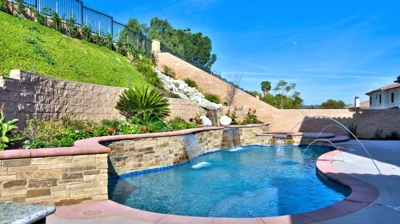You’ve always wanted a pool to turn those scoldingly hot summer days into the perfect pool party.
For whatever reason though you’ve never acted on that impulse. You have yet to take the next step into seeing what the process looks like for building a pool.
One of those reasons might be the never-ending internal debate about whether you should purchase an inground or above-ground pool.
Well, here we’ve pulled together the most important considerations for choosing between an inground and above-ground pool for you to determine which one would be perfect for you and your family.
1. Determine the Cost of the Pool
Maybe you’re one that can’t justify spending money unless the return matches or exceeds the investment. Perhaps you’re more of the “I’ll spend whatever it takes to get my dream pool” type of mindset.
Whatever your thought process on money, you’re undoubtedly wanting to know about the different costs of pools.
The biggest thing to consider is getting the most value for your dollar. By the time you go through the cost of construction and installation, the price starts to add up either way.
For that reason, you’ll want to consider what’s most important to you. If you want to customize a pool and have it be unique to your family, then an inground pool is the way to go. On top of that in many ways the initial cost of building an inground pool could be partially offset by the increase to the value of your home, so that’s important to factor into the overall value between the two options.
2. What’s Your Inspiration Behind It?
While it’s true that above-ground and inground pools have some similarities, the difference is in the capabilities of an inground type of pool.
Think about it… when you close your eyes and envision your dream pool with your outdoor kitchen and concrete layout, is the pool above ground or inground? It’s inground!
That’s because everyone strives to have an inground pool that they can admire and use for any occasion. One second you’re walking outside of your house, the next second you’re jumping into the pool in a cannonball formation.
If your inspiration for a pool is to create something that your family and friends have never seen before, then an inground pool will give you that opportunity. The customization and personalization options of an inground pool far exceed anything that’s possible with an above-ground pool.
Be sure to get some inspiration for your new backyard before deciding whether you want to go the above-ground or inground pool route.
3. How Long Will It Last?
If you’re investing all of this money into a pool, you want to make sure that you’re investing in the long haul.
You can probably predict the type of pool that will wear out faster between an above-ground or inground option.
Not only will the above-ground pool not last as long, but it also has a pool lining that will have to be replaced every 5 or 6 years.
Compare that to a concrete inground pool, for example, that will last 20 years (if not longer) and only need to be resurfaced every 12 to 15 years.
No pool owner wants to go through a re-lining or resurfacing of their pool, but it’s part of the life cycle for every pool. Which would you rather have: one that needs redoing every 5 years or one that needs redoing every 15 years?
Not to mention, an above-ground pool will only last you up to 12 to 15 years before the structure wears out and the pool likely needs to be completely replaced.
4. Which One Requires More Space?
The above-ground pool option will hands-down require more space than that of a custom inground pool.
It doesn’t matter what size of pool you get, the support of the above-ground pool will take up more space. If you want to place a deck for your above-ground pool, then that’s even more space you’re taking away from your yard.
Meanwhile, an inground pool is supported by the earth around it, and the “pool deck” can be the very ground that you walk on.
You can place your inground pool more to one side of your yard so that you don’t have to take up unwanted space for your yard, outdoor kitchen or whatever else you want to build.
Typically, above-ground pools have to be placed in the middle of your yard to compensate for their size. That makes it less than ideal for those of you trying to maximize the space in your yard, however small or large it might be.
5. Does One of Them Require More Maintenance?
Generally speaking, both options require the same amount of pool maintenance. This includes things like keeping proper chlorine levels, brushing the pool, ridding it of debris, cleaning filters, changing the pool water, etc.
Both are prone to getting debris in them if a large number of trees are around and both require seasonal maintenance.
As previously mentioned, they will both need to be re-lined or resurfaced at some point, in which case the inground pool offers more longevity.
However, if you’re looking to buy a pool with the least amount of maintenance, then there isn’t a clear choice.
Generally, inground pools have more efficient filtering systems to keep your pool cleaner for longer.
Inground vs Above Ground Pool: The Choice Is Yours
If you’re looking to compare inground vs above-ground pool options, then the choice is clear: inground pools are the better selection!
While you’re at it, be sure to read this article on how an inground pool can increase the value of your home. For more inquiries, please feel free to reach out via our Contact Us page and we’ll be happy to assist you further.



